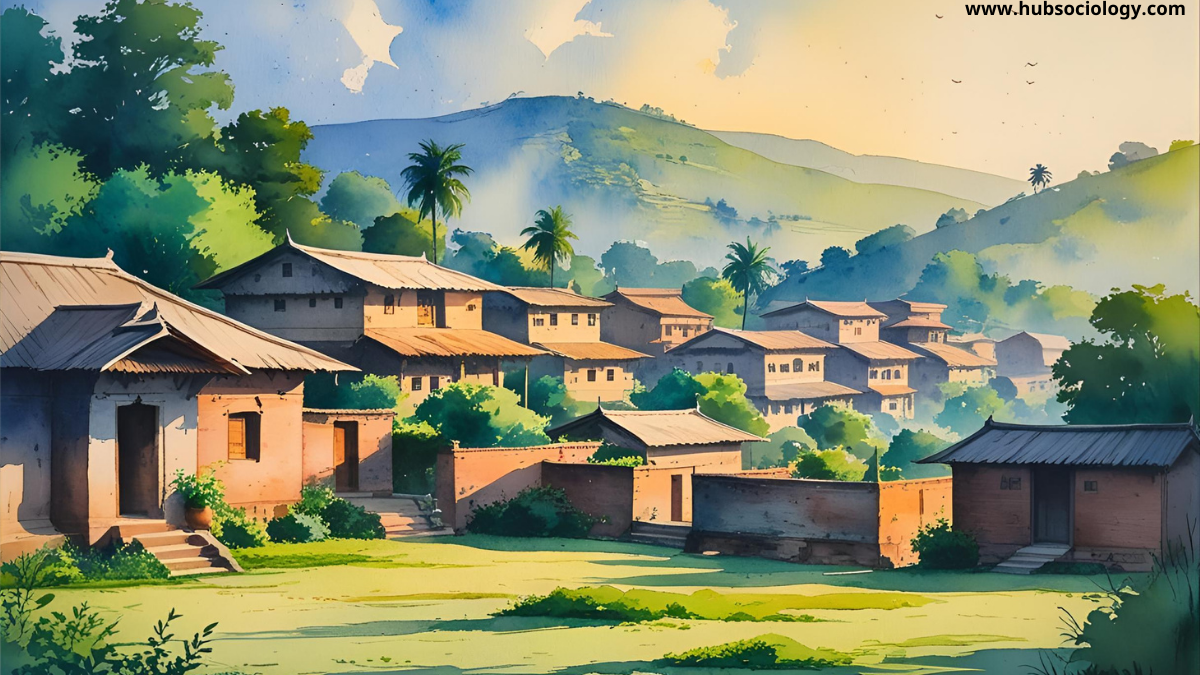Village Population and Its Distribution in India: A Sociological Perspective
Introduction India is often described as a land of villages. Despite rapid urbanization and the growth of metropolitan cities, the rural population continues to represent the heart of the nation’s demographic and social structure. Villages in India are not merely administrative units—they are living communities where traditional norms, social relations, and local institutions have evolved … Read more









